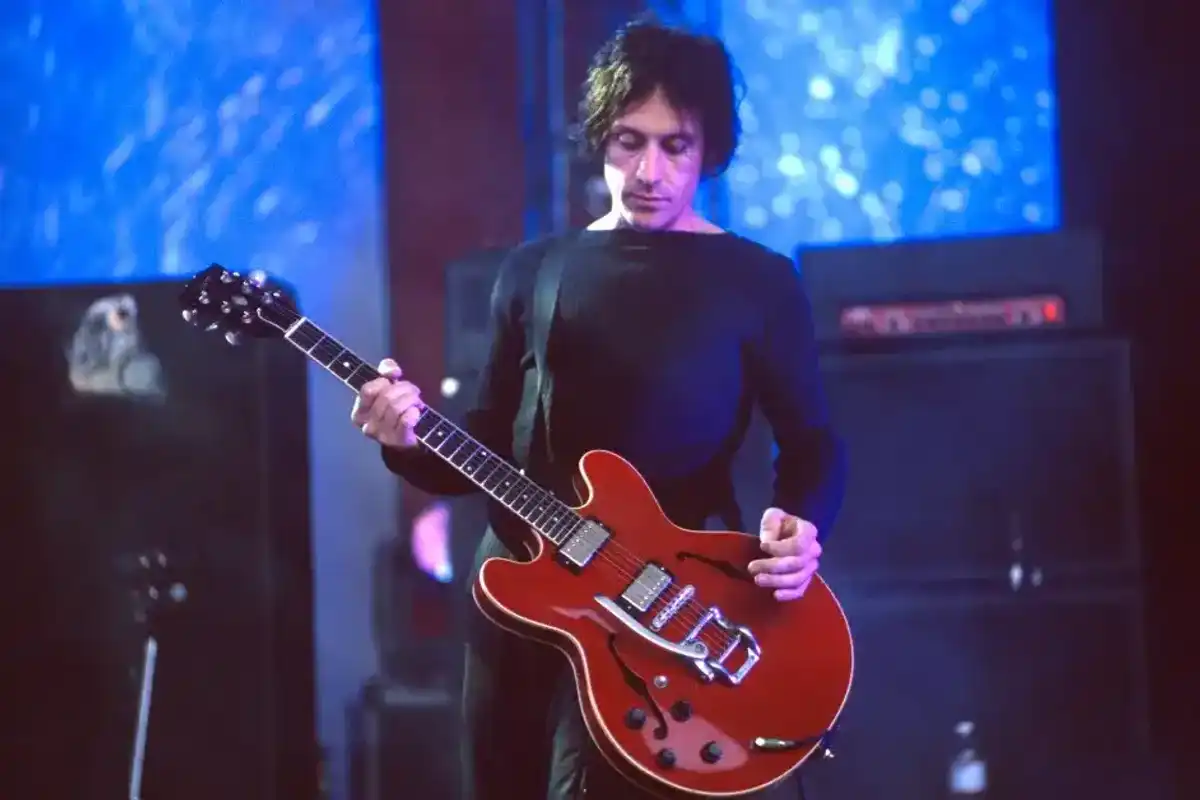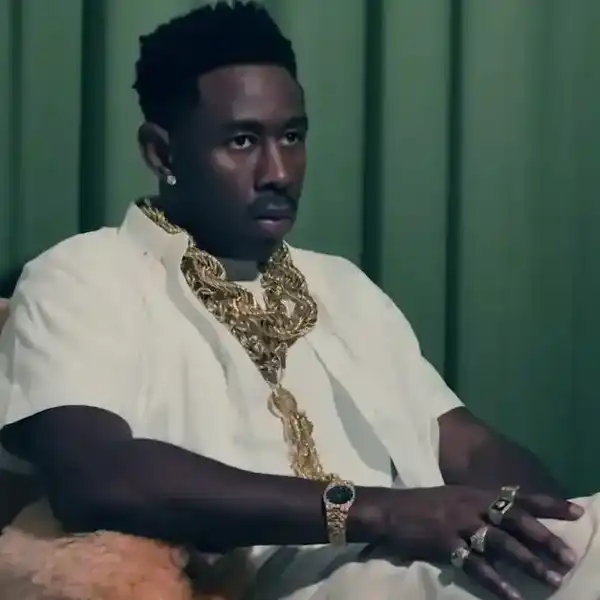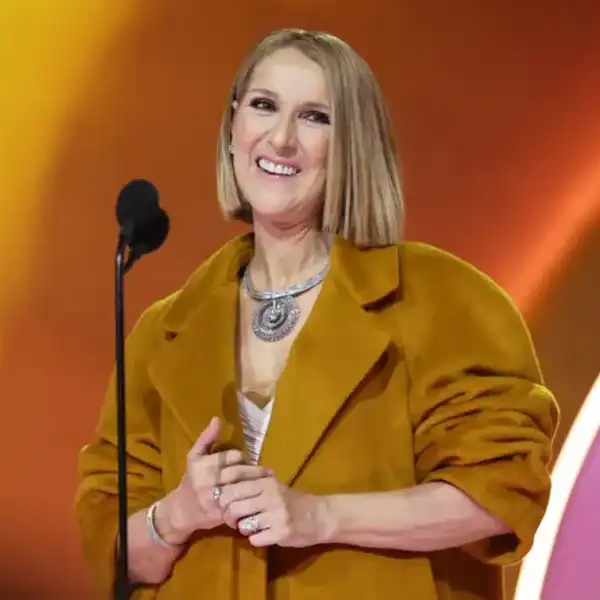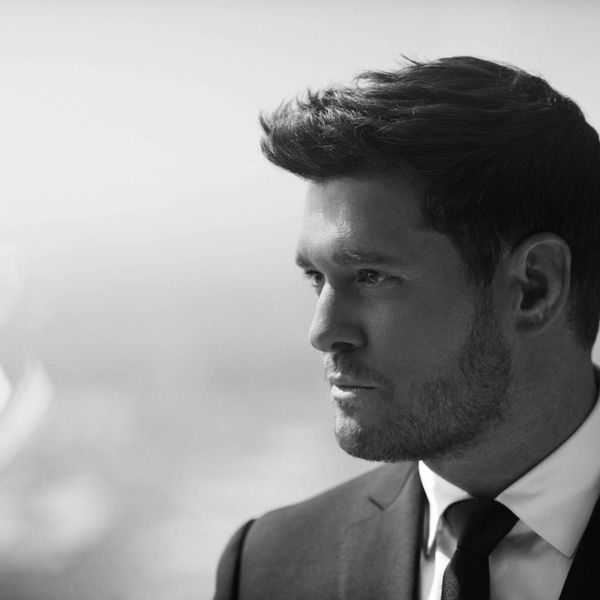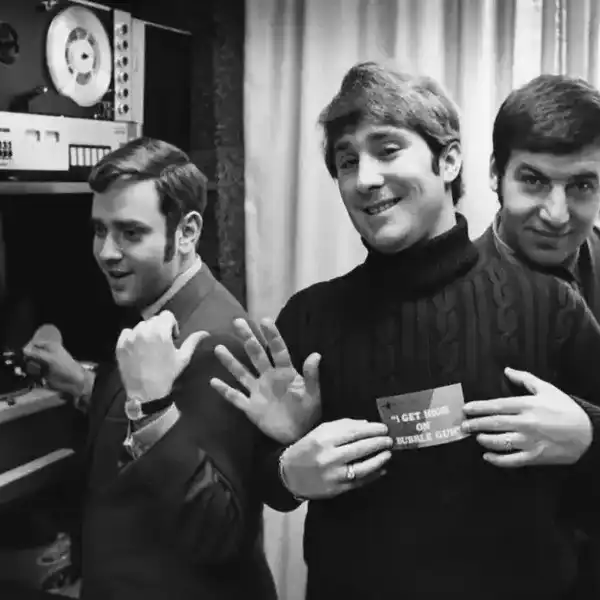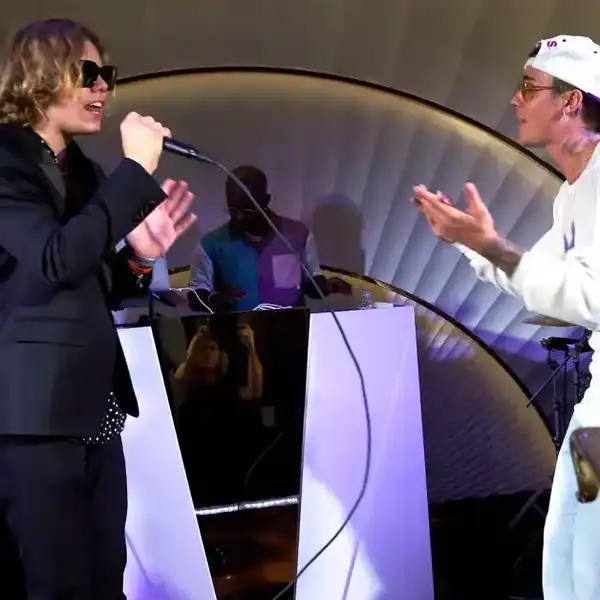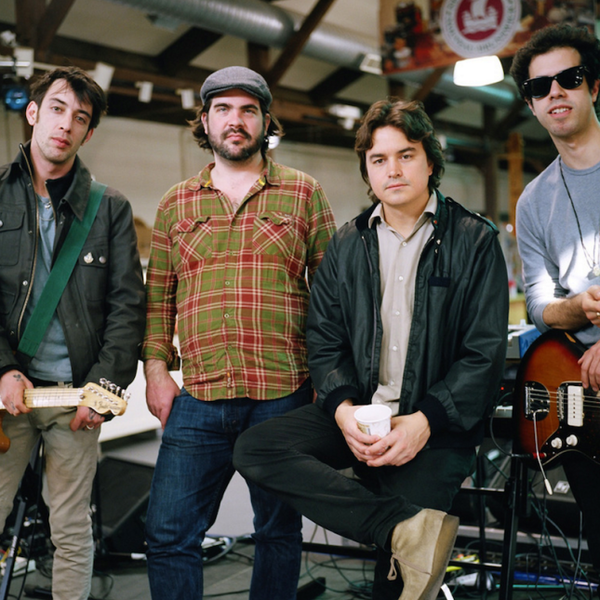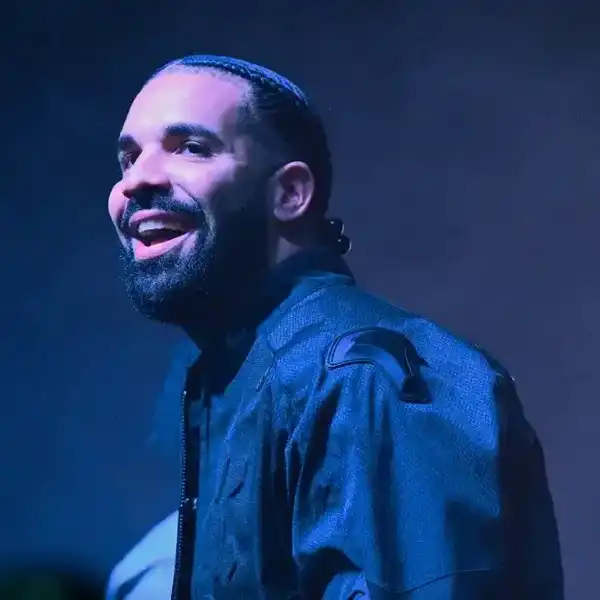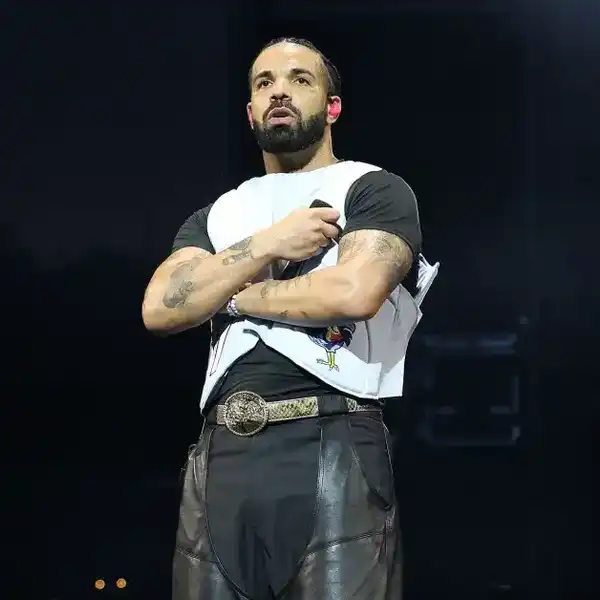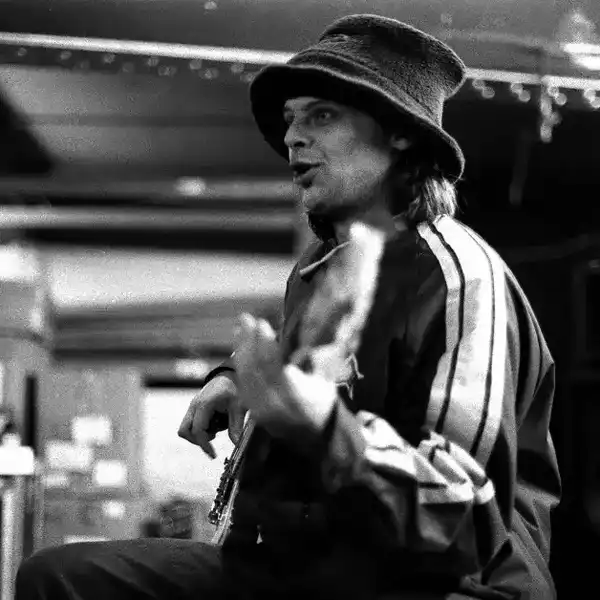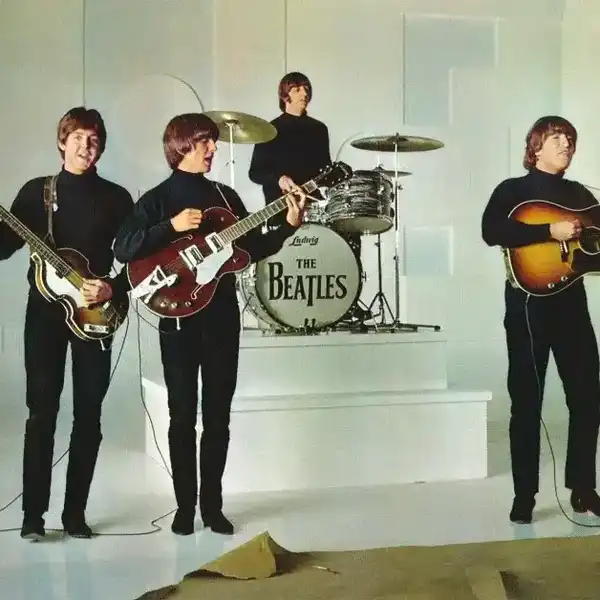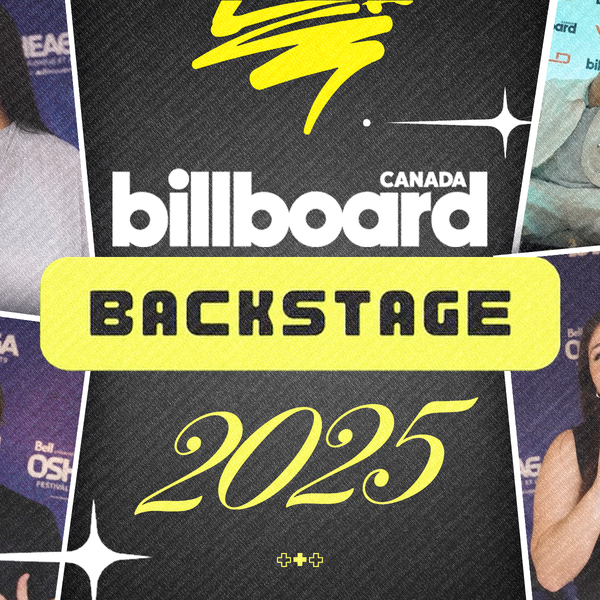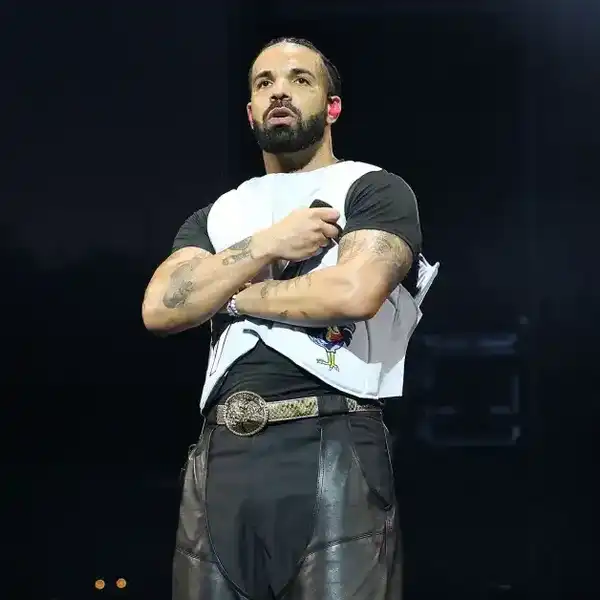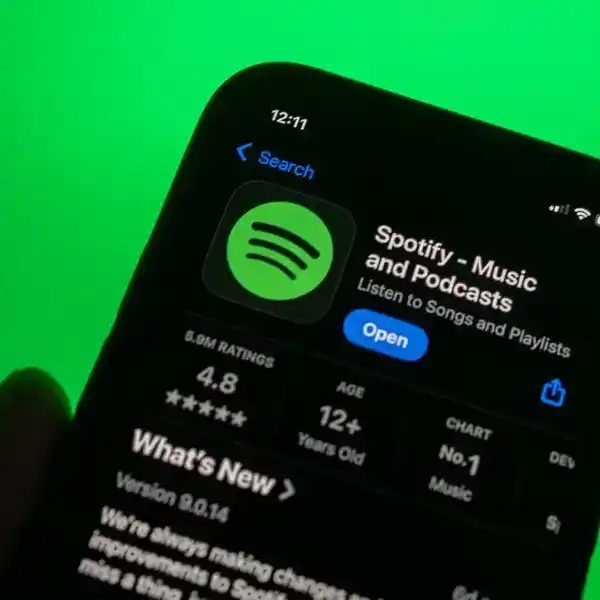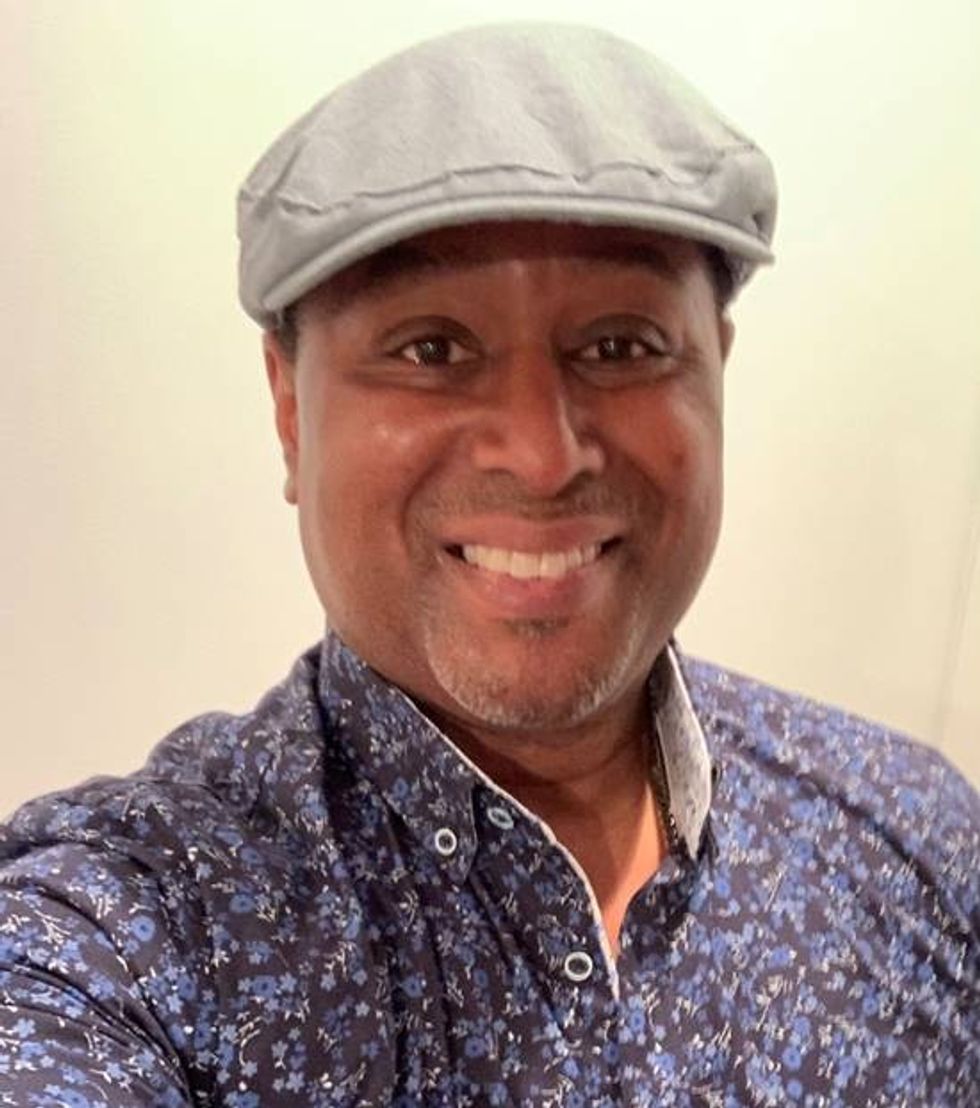
By Dave Charles
Rudy Blair has interviewed many music, TV, and movie celebrities in his day and established a long list of credits with his interviews over 30 years. He's now set up his own Rudy Blair Entertainment Media company to maximize his experience and take it to the next level. Dave Charles talks to Rudy about his new company and plans for the future exclusively for FYI.
DC: You spent 23 years with 680 News as a Music and Entertainment reporter. During those years, who were some of your most memorable interviews and if you can, tell us about some of your highlights?
RB: I've had several favourites over the years, but number one has to be Barry White because I was a massive fan and never thought I could get him (in a phone interview). We not only talked about his career, but he did a special segment (since it was a week away from Feb 14th). He advised me on how to romance my partner on Valentine's Day. The other was Phil Collins. He was the first major artist I interviewed. When I did and aired it, several people thought I faked it and added my voice to someone else's interview. I had to air my conversation to prove I did one with him. That was my actual start in interviewing major international performers.
Celebrities with whom I've had bad experiences: Gene Simmons - I've had three good interviews with him, and two I'd love to kick his ass and his wife's for that, in my opinion, were the worst. Jewel (three interviews, two in which she acted as if she couldn't care) lasted less than three minutes. The third only turned out well because when I was approached to speak with her, I turned it down and explained why. The publicist promised it would be better, and it was. Steven Seagal was full of himself and mumbled throughout the interview. Adrian Grenier (Kid Friendly, the Honey Brothers) made me wait eight hours for the interview when his band performed in Toronto at 2 a.m. and then decided he didn't "feel like it". I told his management he was lucky his bodyguard was with him. But 95% of my interviews have been great experiences.
DC: Over the years, you've covered major entertainment events like the Junos and Grammys, the MUCH Music Awards and TIFF. What were two of your most memorable interviews, and can you name the most likable movie star?
RB: The first person would be Sting. I was interviewing him on his book and album and was told that if he didn't like it, he would say, "Are we done yet?" So I wrote my questions out (something I hardly ever do) and studied everything. When I finally got my opportunity, I didn't bother with my questions and went with my feelings. It worked; he signed everything I brought and allowed me to take a picture with him.
The other was the late great Gordon Lightfoot. Over the years, Gordon and I became friends to the point I had his personal cell phone number. When it was reported by many primary news sources that Gordon had died in 2010, I was working then at 680 News and said, "If he died, someone would have contacted me." So I went on air saying his death was not confirmed, and I continued calling him. Finally, he called me after his office told him I was trying to reach him, and we put him on the air. Many people claim to have gotten him 1st; I did, and if not, if not I was at least 2nd.
Many actors have been very nice, so I'll give you a funny experience. I walked into an elevator during TIFF when Dustin Hoffman was in it. I didn't want to bother him, so I played like I didn't notice him. He stood there quietly for a moment, then turned to me with a smile to say, "Ya, it's me." We both had a laugh and a friendly conversation before departing.
DC: You were educated at Humber College and are in their Hall of Fame. What advice would you give the next generation of broadcasters/Podcasters in 2023 as they enter a very diverse media environment?
RB: Humber College is the best place to learn the business. I had a wonderful learning experience there. Advice for the next generation? Learn every part of the industry. It doesn't matter if you're only interested in one position like sports or newscasting. Learn everything from business, weather, traffic, reporting, sports, anchoring, radio or television host. If you're bilingual, that's even better. Be valuable to the company you want to work for. Know how to write and be active with speaking and dressing. Learn how to build your own website or create your podcast, and learn how to use a camera, film and edit. When it comes to social media, be careful about what you post. Your social media represents you and could be what helps you get a job or not. Be respectful to the generation before you and try to learn from them. Most importantly, save your money and ensure you have something to fall back on if you're out of a job for a while.
DC: The writers and actors are on strike. How has this affected your business in the past month? Will the writers and actors achieve positive results in their strike action? Will this affect ticket prices?
RB: It hasn't affected my work, but it affected my coverage of TIFF. The actors will not win this, and yes, we will have to deal with even higher prices to see a lot of poorly made, over-hyped films.
DC: Streaming movies and TV shows is the thing now. When you look at CTV running three episodes per night of Big Bang Theory in prime time, you know they are in trouble. Can TV networks compete with streaming companies, and who offers the best quality shows on their streaming service in your view?
RB: Networks need help (and even movie theatres) when competing with streamers. Streaming is convenient and not as pricey as going to the movies now. My fave is Amazon.
DC: What have you found different and better as an independent rather than working for a large media company like Rogers?
RB: I've had good experiences at Rogers and some bad. I will always be grateful to Rogers and 680 News because they gave me an on-air platform when no other radio station in Toronto would or did allow a person of colour to be heard on morning radio in the '90s and 2000s. The difference is the hustle. I worked very hard at 680 News to achieve my goals. I work even harder now because it's about money coming in and maintaining my industry legacy.
Working with Canadian Music Week Virtual Voices as their Host and hosting the Lemmon Stage has helped. My website Rudy Blair Entertainment Media rudyblairmedia.com helps me stay connected with my PR family and still attend the red carpets. What's interesting to me is that because I'm independent, I often get shrugged off by new media people who don't know my past. But it starts to change once they see my connection with the celebrities. The other difference is no one looking over my shoulder or questioning who I'm interviewing. I make my own choices. But I do miss the benefits.
DC: Other than celebrity interviews, what are some of the other things that interest Rudy Blair?
RB: I'm a massive wrestling, boxing and Mixed martial arts fan. Also, I enjoy getting to the gym and working out with weights.
DC: As you know, AI is starting to push into creative areas. What, in your view, are the pros and cons of using AI to create content and do research for projects? Are actor bots the new reality? Remember Max Headroom on MTV. Is that where we're going?
RB: AI can be helpful but never displace immediate human emotions. Imagine AI covering 9-11 when it happened. AI will always be limited. It's like comparing an MP3 to live performances.
DC: Where and how do you promote Rudy Blair on social media, and which is the best platform for your business and why? Tik Tok, Facebook, Instagram, others?
RB: Right now, it's Facebook and Instagram, but I'm also active on X, LinkedIn & TikTok. I post a clip of one of my interviews almost every morning on my social media to help direct people to my website. I like long-form interviews, and I'm not a fan of TikTok. Facebook and Instagram work best for me.
DC: Twitter has shifted to 'X'. Was that a branding mistake or a smart move, in your opinion?
RB: The whole situation was bad for the brand. No one trusts it or understands what "X" means. Disaster!
DC: Who is on your list of up-and-coming music/movie/TV artists worth catching?
RB: One band I highly recommend is FKB from Edmonton, which recently won the Jim Beam National Talent Search. They are a throwback from the 70s & 80s. There's nothing out there like them. My buddy JRDN is making waves with his new music, and it shows how much his voice and talent have evolved over the years. One of the most underrated groups out there is the Toronto band The Free Label. Amazing stage and vocal performance. And a female vocal talent who goes by the name of Leah. Her voice is breathtaking. For television specials, keep your eye out for the 5-part CBC series Bones of Crows.
DC: Toronto is one of the most ethnically diverse cities on the planet. We know that Asian movie stars are now winning Oscars. Can you break down this multicultural influence as movie scripts and storylines evolve into other cultures?
RB: What we see every day is finally being reflected on the big and small screen. One of the Canadians leading this charge is actor, director, writer and producer Vinay Virmani. His movies are a perfect example of Canadian culture, from his movies Breakaway, Dr Cabbie & Little Italy to his award-winning documentary Black Ice. His vision represents another part of the Canadian experience.
DC: Cineplex seems to have the lock on blockbuster movies. Do you see a scenario where smaller movie theatres can thrive based on the cultural diversity in Toronto and elsewhere in Canada? How does that model work in your view?
RB: Small movie theatres have been dying out for years. The only small theatres I see still doing well are South Asian theatres. Cineplex will remain dominant.
DC: The top five songs on Rudy Blair's playlist this week are?
RB:
Michael Jackson - Don't Stop Till You Get Enough
Chic - Good Times
McFadden & Whitehead - "Ain't No Stoppin us now"
Kool & the Gang - "Ladies Night"
KC and the Sunshine Band - "I'm Your Boogie Man"
DC: What is your favourite movie of all time? Your best TV show ever, and your Best documentary, 'long form' and 'short form'?
RB:
Movie - The Five Heartbeats
TV show - Sanford & Son, Miami Vice
Best documentary, 'long form' and 'short form' - Muhammad Ali: When We Were Kings,
The Temptations (NBC): Standing in the Shadows of Motown
DC: What's the best way for our readers to reach Rudy Blair?
RB: Rudy Blair Entertainment Media rudyblairmedia.com

